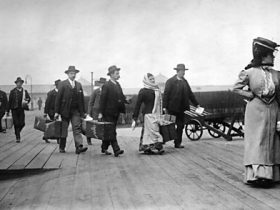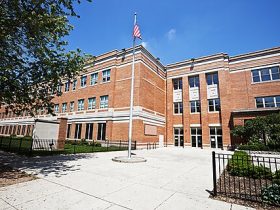Jeffrey Miron
From recent research:
Neoliberalism and globalization are two distinct yet interrelated processes that began to spread across the world in the 1970s and 1980s. Neoliberalism aims to limit the role of the government in the economy; globalization creates an interconnected world and removes barriers between countries. Some scholars argue that these processes have contributed to the democratic recession—the current weakening of democratic institutions around the world—by giving rise to populism. Our research evaluates this claim using data from more than 140 countries between 1980 and 2022. … [We] find no evidence to corroborate this claim. In fact, increases in economic freedom and globalization are positively correlated with several measures of democracy.
The research emphasizes that its results may not be causal; and the research does not address whether democracy is “better” than the alternatives; see here, here, and here for discussions of this issue.
The new research nevertheless undermines a standard critique of neoliberalism and globalization; at a minimum, the critics have not made their case, given their assumption that promoting democracy is the right goal.








